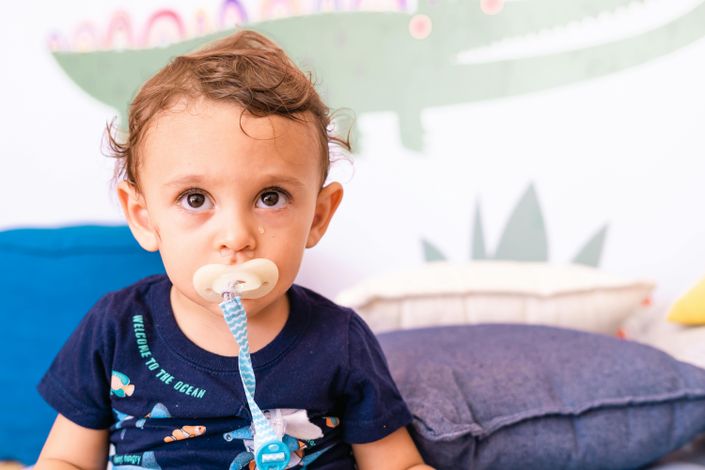Caring for the Caregivers:
Building Patience, Resilience and Support
Course Summary
Caring for a very young child who has experienced trauma is emotionally complex work. Even the most experienced foster, relative, and fictive kin caregivers—those with all the training in the world—can find themselves feeling helpless, frustrated, or even questioning if they are doing the “right thing” when a child in their home is struggling. Many young children in care send confusing relational signals, wanting comfort but also pushing caregivers away, leaving caregivers feeling rejected, ineffective, or even emotionally exhausted. When caregivers feel stuck in helplessness, it can lead to burnout, emotional detachment, or feelings they never imagined having toward a child in their care.
This session will explore why caregiving for children with early adversity requires patience, persistence, and support—not just for the child, but for the caregiver too. We will discuss how caregiver stress and self-doubt impact their ability to remain emotionally available, how relational trauma can unintentionally impact both children and caregivers, and why a strong network of support is essential to help caregivers remain steady, compassionate, and connected through difficult moments.
Learning Objectives
- Recognize how early adversity and trauma impact a young child’s ability to seek and accept comfort, often sending confusing signals to caregivers.
- Understand how caregiver stress, frustration, and self-doubt can affect their emotional availability and attachment to the child.
- Identify ways professionals can support caregivers through validation, connection, and trauma-informed discussions of self-doubt and hopelessness.
Suggested Endorsement Competencies
Relationship-Focused Practice | Family Relationships & Dynamics | Responding with Empathy | Self-Awareness | Personal/Professional Development | Emotional Response | Service Delivery Systems | Community Resources






